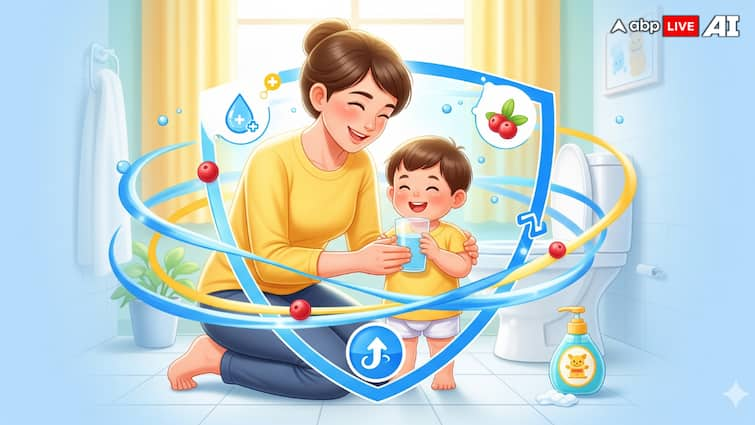{By: Dr. Jitendra Jain}
The monsoon season, festivals, and family trips often bring joy, but they can also disrupt daily routines including important health habits. One of the most critical routines to protect is your child’s vaccination schedule. Vaccines are carefully timed to build strong immunity, and even a small delay can leave children vulnerable to preventable illnesses. Staying mindful, planning ahead, and keeping vaccinations on track ensures that celebrations and travel do not come at the cost of a child’s health.
ALSO READ: National Sports Day 2025: Addressing Unique Health Challenges Faced By Female Athletes
Aligning Travel For A Celebration With Vaccination Schedules
Festivals and celebrations often involve travel to new cities or even overseas. Once surrounded by the excitement, it is easy for parents to get caught up in the whirlwind of planning travel, celebrations, and family visits. Pediatricians and general practitioners consistently remind parents that travel itineraries should be aligned with children’s vaccination calendars. A child missing a vaccination due to being away for a festival or family gathering may mean a delay of one to two weeks, reducing the effectiveness of their immunity. Families planning extended travel are encouraged to consult with their doctor beforehand to arrange vaccination administration or rescheduling prior to departure.
Festive occasions also bring larger gatherings and crowded places with increased social interaction. This is precisely when children most need their vaccinations, as the likelihood of exposure to infections and disease rises. Vaccination serves as an invisible shield, enabling children to participate in these moments without falling ill from diseases that could have been prevented.
Why Monsoon Needs Additional Focus
The monsoon season presents unique healthcare challenges, particularly for children. Increased humidity, stagnant water, and fluctuating temperatures create conditions that allow infections such as flu, diarrhoea, typhoid, and mosquito borne diseases to thrive. Doctors emphasize that this is the time children are at higher risk, and ensuring vaccinations are current is especially important. Even a small delay could overlap with seasonal outbreaks during the rains, placing children at unnecessary health risk.
This also creates concern for gynaecologists, who care for mothers during pregnancy and early motherhood. When a child falls ill due to missed vaccinations, the impact extends to the well-being of the entire family, particularly the mother who is the primary caregiver. For this reason, the medical community continues to raise awareness and encourage parents to keep vaccination schedules consistent throughout the year, regardless of season or travel.
The Significance Of Consistency In Pediatric Healthcare
Ultimately, it comes down to consistency. Parents should treat their child’s vaccination schedule as they would a school calendar or any other family commitment. Pediatricians recommend keeping an updated vaccination record, scheduling appointments in advance, asking physicians about upcoming doses, and even setting reminders on digital devices. Such diligence ensures that family celebrations, vacations, or seasonal changes are always linked positively with health, rather than with avoidable risks.
Vaccination is not simply a medical procedure; it is an investment in the health and well-being of children. Parents’ vigilance in maintaining vaccination schedules during holidays, family travel, or the unpredictable monsoon season plays a vital role in safeguarding their child’s health year after year.
The author, Dr. Jitendra Jain, is Sr Consultant, at Neonatology, Cocoon Hospital, Jaipur.
[Disclaimer: The information provided in the article, including treatment suggestions shared by doctors, is intended for general informational purposes only. It is not a substitute for professional medical advice, diagnosis, or treatment. Always seek the advice of your physician or other qualified healthcare provider with any questions you may have regarding a medical condition.]
Check out below Health Tools-
Calculate The Age Through Age Calculator



